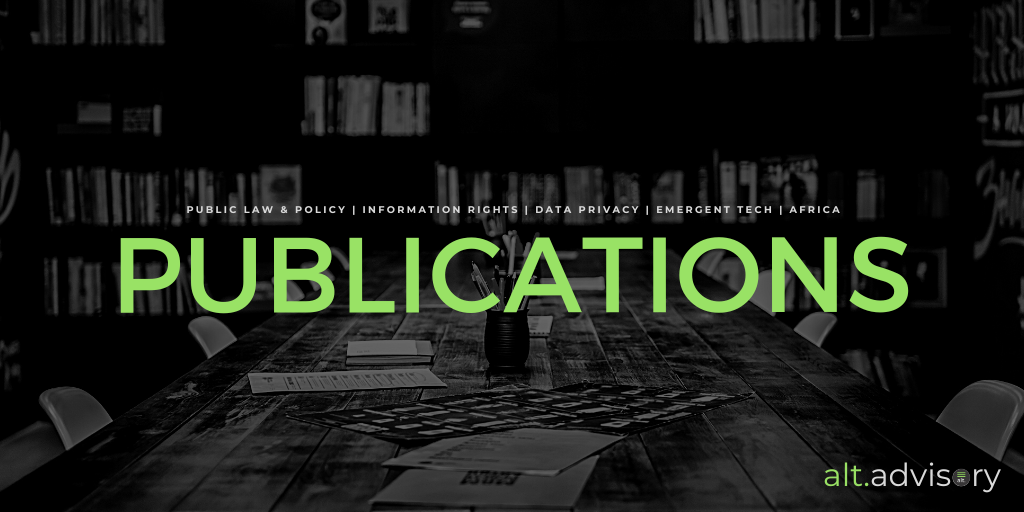Mapping Digital Rights and Online Freedom of Expression Litigation in East, West and Southern Africa
- Access the new report on digital rights litigation prepared for Media Defence.
- The report provides an overview of the legislative and jurisprudential developments in three regions of Africa in seven key areas of digital rights and highlights key opportunities for future litigation in the regions.
Overview
As the use of technology has continued apace in recent years, so have the opportunities and risks to human rights that accompany this new digital way of living. In response, countries in Africa have passed legislation regulating cybercrimes, data protection and freedom of expression online, and courts have taken up the mantle of defining how traditional rights should be protected and defended in this new age. In 2018, Media Defence, with the assistance of ALT Advisory, published a research report titled ‘Mapping Digital Rights and Online Freedom of Expression in East, West and Southern Africa’ that charted laws relating to digital rights in a set of African countries, tracked the status of related litigation, highlighted opportunities for further efforts to advance the field, and identified relevant legal and civil society actors across the region.
In 2021, Media Defence once again teamed up with ALT Advisory to conduct a review of the changes and developments in the field since the original 2018 report. This time, we undertook a thematic review of some of the critical topics in digital rights litigation in East, West and Southern Africa, providing an overview of developments in jurisprudence, legislation, and practice in the past three years, and highlighting new lessons learned to further advance digital rights in the region going forward.
The report found that some landmark judgments have been achieved that significantly advance digital rights and freedom of expression online on the continent, such as those condemning internet shutdowns, invalidating excessive surveillance practices, and overturning criminal defamation laws. Similarly, many countries have implemented data protection and/or cybercrimes laws in a promising sign for the protection of the right to privacy. However, cybercrimes laws have also been widely used to stifle freedom of expression, along with an expansion of usage of the national security defence — particularly in the context of COVID-19 — and the deterioration of press freedom through the use of social media or ‘false news’ legislation. Despite growing global condemnation, internet shutdowns also continue to be used to stifle criticism, stymie social protest, and even undermine electoral processes.
This review demonstrates that much remains to be done to build a strong and rights-respecting framework for the regulation of the online sphere in East, West, and Southern Africa. Strategic litigation has played, and should continue to play, a crucial role in advancing some of these key developments – but must, importantly, be bolstered through research, advocacy, and educational campaigns so as to meaningfully realise digital rights for all persons in the region.
Acknowledgements
Media Defence and ALT Advisory are grateful to the following stakeholders who generously gave of their time to provide inputs to the report:
- Grace Mutung’u (Centre for Intellectual Property and Information Technology Law (CIPIT))
- Bulanda Nkhowani (Paradigm Initiative)
- Irene Chukwukelu / Olumide Babalola (DRLI)
- Josephine Miliza (Association for Progressive Communications (APC))
- Zaituni Njovu (Zaina Foundation)




